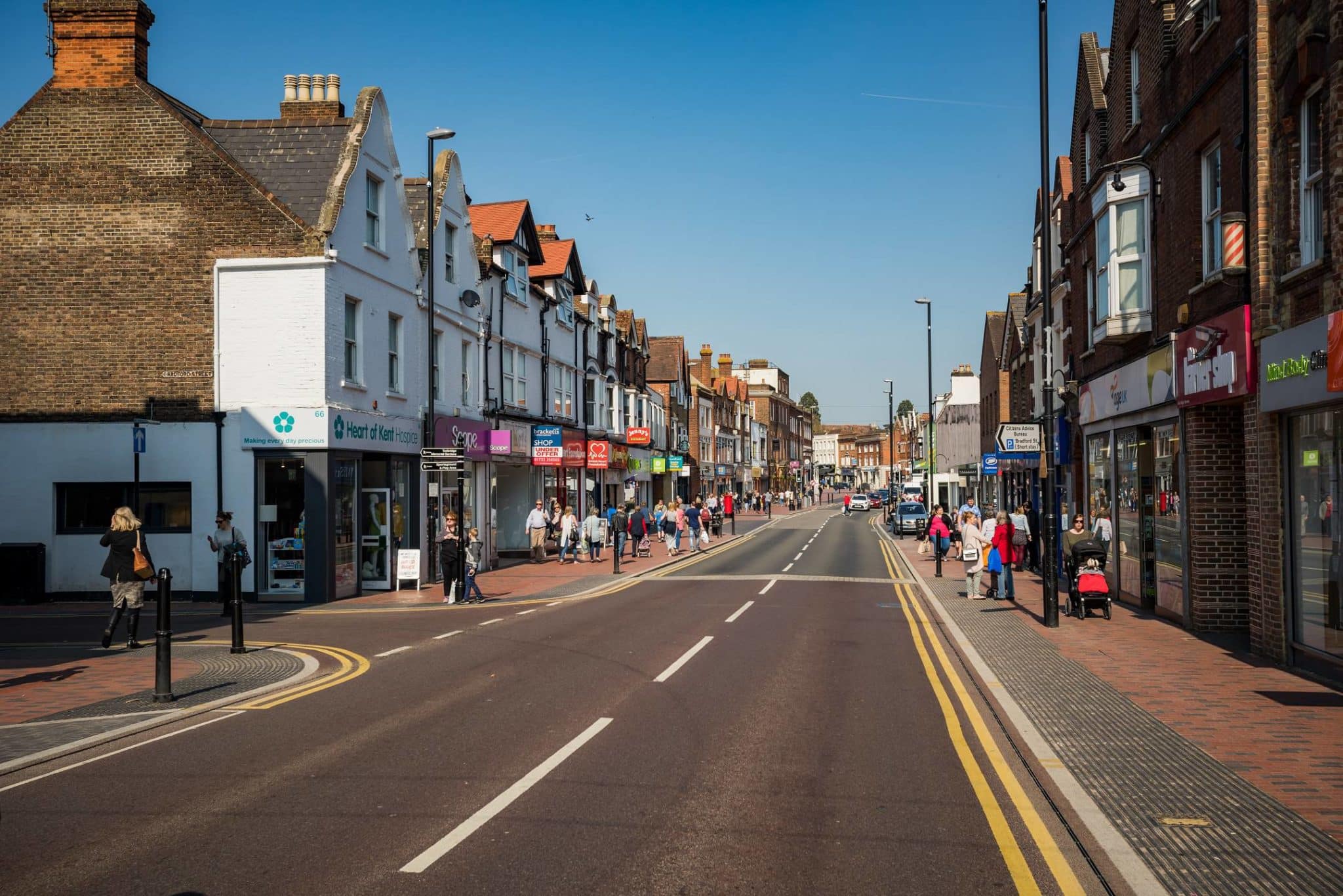UNCERTAINTY surrounds the provision of CCTV surveillance in Tonbridge, as an upcoming vote from Tunbridge Wells Borough Council is set to determine its future.
The two towns have shared a control room since 1997, with nearly 200 cameras actively watched by staff within Tunbridge Wells Town Hall 77 per cent of the time [129 out of 168 hours a week]. And 49 of these cameras are within Tonbridge town centre.
However, in an effort to cut costs, a review by the Tunbridge Wells authority has recommended a switch to a passive model of surveillance. This means cameras still record but no one is watching them live. The decision will be taken by the council Cabinet tomorrow [April 13].
If it is passed, it will force Tonbridge & Malling Borough Council [TMBC], who currently spend £216,000 a year on CCTV, into a difficult decision.
They may have to accept Tunbridge’s Wells’ decision and acquiesce into a passive model. Alternatively, they would have to contribute an additional £100,000 annually to continue to receive the same active monitoring they enjoy at present – a move that would go against the current approach of austerity in the face of constricted funds from central government.
Kent Police have been outspoken in their criticism of the passive model of monitoring. A spokesperson for the force said: “There have been countless instances where the ability to monitor incidents or individuals by CCTV operators has provided police with crucial information to respond to a threat or crime in progress.
“Without the opportunity to review a location in live time, a key tactical option will be lost to the police.”
According to the most recent CCTV Review for Tonbridge & Malling: “The Control Room responded to 153 requests from the police for assistance, 293 incidents identified by Shopsafe and Pubwatch and pro-actively identified a further 68 incidents, resulting in 158 known arrests.
“Over the year the control room has monitored and recorded a total of 517 incidents in the borough.”
TMBC have refused to be drawn on how they will respond to the decision from their neighbouring authority, and it is unclear how much influence they will have on the final vote.
A spokesperson said: “We will be examining our approach to the use of CCTV and putting options to members in due course.”
Although one councillor has argued there is a lack of control over the decision.
“If boroughs increasingly choose to join together in this way for services, as proposed in East Kent for instance, this is going to happen more and more.
“You may be saving on costs, but you lose control of local services,” said Trudy Dean, a Liberal Democrat councillor for Larkfield North.
Similarly, Lorraine Braam, a former Tunbridge Wells council leader who originally introduced the CCTV infrastructure, said: “Tonbridge will be facing a fait accompli unless they offer to meet the full cost of the control room.”








